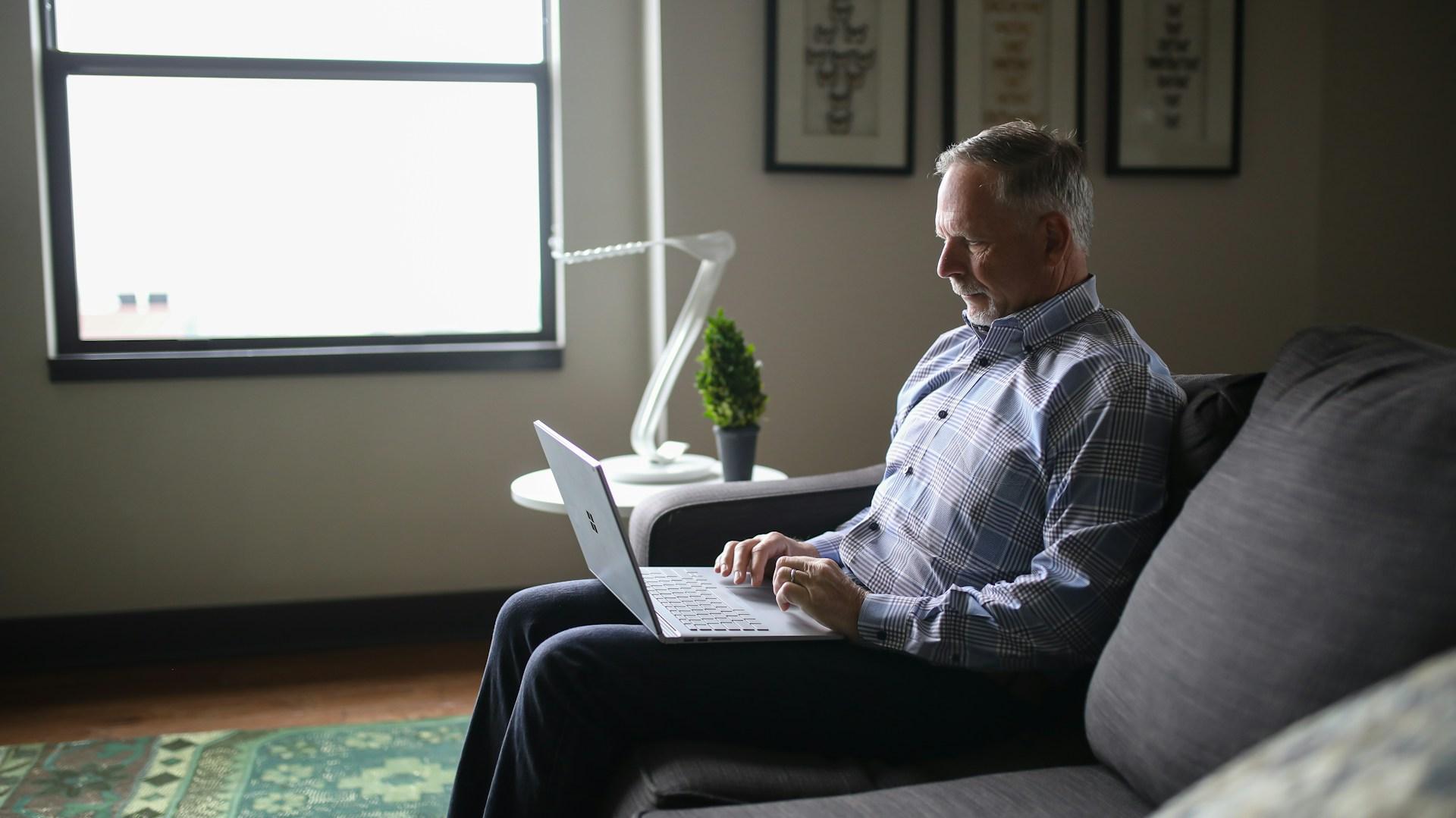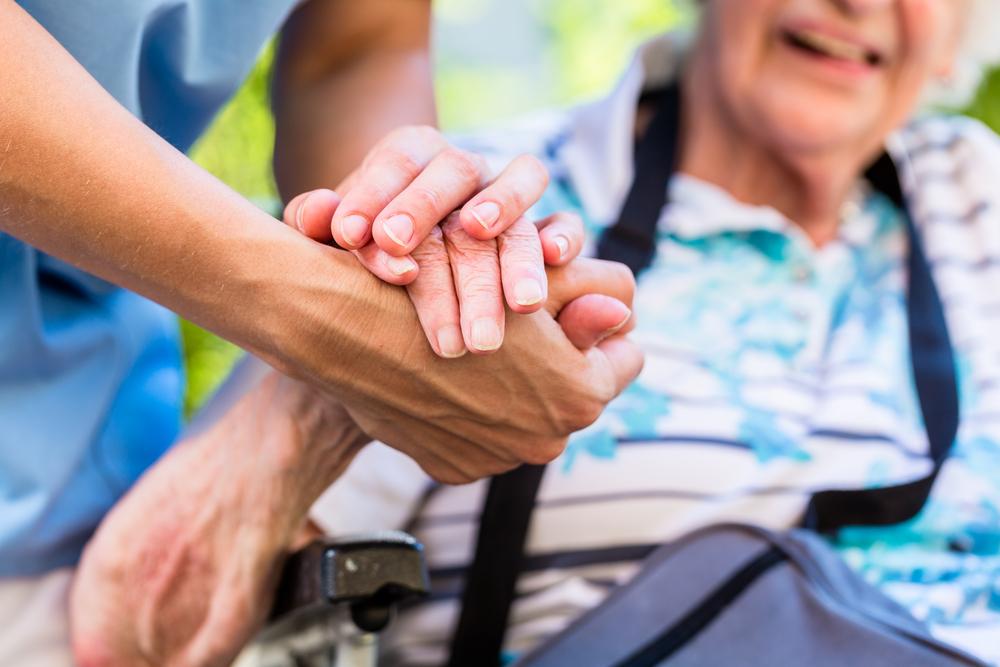In New York, Community Medicaid is available to individuals living at home who need long-term assistance with activities of daily living. Community Medicaid offers in-home care through the personal care services (“PCS”) program and the Consumer Directed Personal Assistance Program (“CDPAP”).
What is PCS Medicaid?
PCS includes assistance with activities of daily living, such as light housekeeping, meal preparation, bathing, toileting, and grooming. Medicaid managed care organizations and local departments of social services contract with home-care agencies that employ aides to provide these personal care services.
What is the CDPAP Program in NY?
Alternatively, the Medicaid program, CDPAP, allows applicants who are eligible for home care services to choose and hire their own personal caregiver. There are a few limits on who can be hired; it can be a friend or family member, but a spouse or parent will not qualify. The CDPAP services provided by a personal assistant can include any of the services normally provided by a personal care aide (home attendant), home health aide, or nurse.
What’s Changing in September?
Starting September 1, 2025, the medical and clinical requirements to be eligible for in-home care paid by Medicaid are changing. Going forward, an applicant will need to demonstrate he or she needs physical assistance with at least three activities of daily living. Applicants diagnosed with Alzheimer’s or dementia will be eligible to receive in-home services if they need supervisory assistance with only two activities of daily living. Eligibility will continue to be determined through assessments of an individual’s functional and clinical needs by state contractor Maximus Health Services.
This policy enactment was issued on June 30, 2025, which seems like a quick turn-around to September 1, 2025, but it did not exactly come out of the blue. The new threshold was passed during the state’s 2020-2021 fiscal year, but enactment was postponed by the federal government’s pause on Medicaid changes during the pandemic.
Savings For the State But Challenges For Residents
The state believes the savings could be up to $300 million annually but it will come at a great cost to the elderly and disabled. Those who wish to receive in-home care, will also have to meet the income and asset limits required to be Medicaid eligible. In New York, private pay in-home care costs up to $35 per hour which quickly becomes many thousands per month. An elder law attorney can help create a long-term care plan that saves money and provides you with the care you need to stay home safely.
By Britt Burner, Esq. and Erin Cullen, Esq.
Britt Burner, Esq. is a Managing Partner, and Erin Cullen, Esq. is an Associate Attorney at Burner Prudenti Law, P.C. Burner Prudenti Law, P.C. serves clients from New York City to the east end of Long Island with offices located in East Setauket, Westhampton Beach, Manhattan, and East Hampton.








